Following a 36.1 percent surge in visitors during the weeklong National Day holiday, the Hong Kong Special Administrative Region's government and business community are hoping that year-round inbound travel numbers and consumer spending will bounce back to pre-COVID levels.
The National Day holiday, which began on Oct 1, is a peak travel time for tourists from the Chinese mainland.
This year, Hong Kong welcomed more than 1.25 million visitors from Oct 1 to 6, marking 36.1 percent year-on-year growth. More than 1.11 million of the tourists came from the mainland, which was a 37 percent increase compared with last year's holiday period, also known as Golden Week.
On Oct 1, which was National Day, Hong Kong recorded about 244,000 visitors, including about 221,000 from the Chinese mainland, breaking the city's record for the number of visitors in a single day.
On Monday, the last day of the weeklong break, the number of inbound visitors reached 88,206 as of 4 pm, surpassing the whole-day figure for Oct 7 last year.
Benson Kwok Joon-fung, director of immigration for the Hong Kong SAR, said on a radio program on Sunday that the city's border checkpoints operated smoothly over the holiday period, primarily because of the efficient use of technology.
At West Kowloon station — Hong Kong's sole bullet-train terminal — 19 newly opened electronic immigration channels helped to relieve congestion, Kwok said.
He estimated that there will be another peak influx before the Christmas holiday period, predicting that the total number of exit and entry visits by the end of the year would surpass 300 million. That would mark a full recovery to the levels before the COVID-19 outbreak.
The immigration chief also noted that activities organized by the government and various organizations attracted tourists to the city.
Hong Kong launched an array of National Day celebrations while offering food and shopping discounts to boost local businesses.
Simon Wong Ka-wo, president of the Hong Kong Federation of Restaurants and Related Trades, expressed his overall satisfaction with the catering industry's business during the holidays, particularly the better-than-expected HK$300 million ($38.6 million) in sales logged on Oct 1.
Wong estimated that total dining expenditures for the entire Golden Week will be close to HK$2 billion, a 5 percent year-on-year increase.
He added that in addition to short-haul visitors, more travelers from other parts of the Chinese mainland — including cities newly added to travel programs, such as Qingdao, Shandong province, and Xi'an, Shaanxi province — joined the holiday inbound flow, and many visitors stayed overnight, which also contributed to the consumer market.
The recently bullish stock market was also a factor in customers' spending, Wong said, adding that he hopes that the catering industry's sales in October can reach around HK$9 billion, which would be close to pre-pandemic levels.
He predicted that the Christmas holiday period will see a new surge in spending and suggested launching more promotions and activities, including leveraging the vibe around the four new members of the Ocean Park panda family — two newly arrived and two newborns — to stimulate the economy and attract more visitors.
Meanwhile, the Macao Special Administrative Region recorded more than 910,000 visitors in the first six days of Golden Week, which surpassed the number for the same period in 2019.








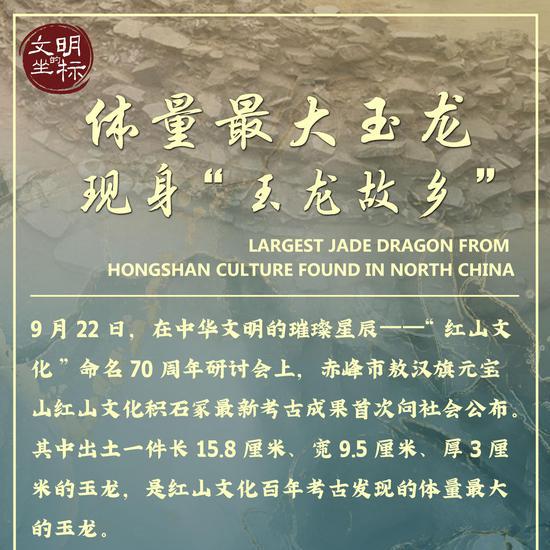
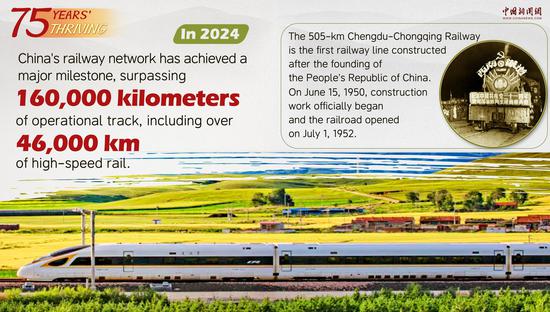
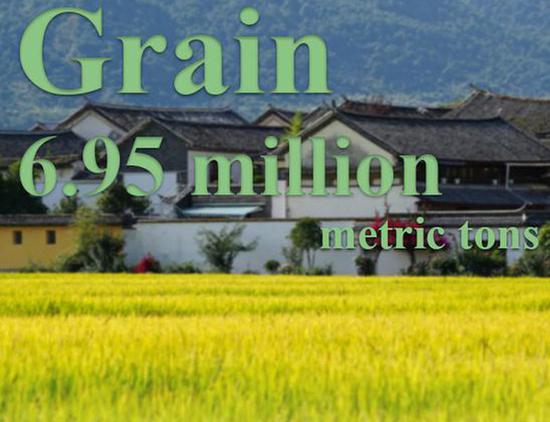






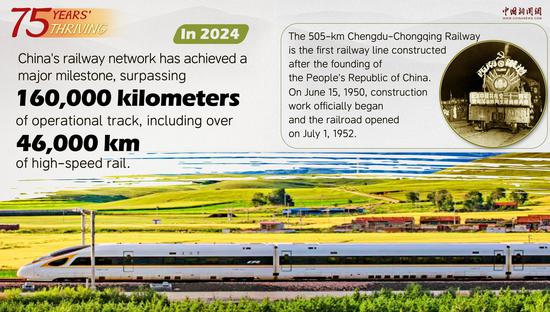
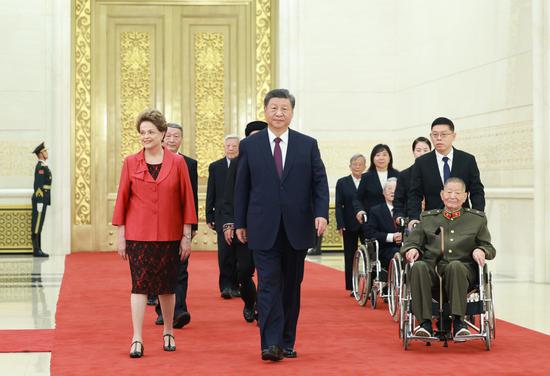


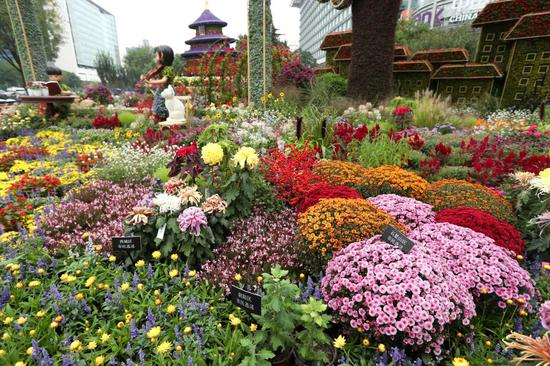
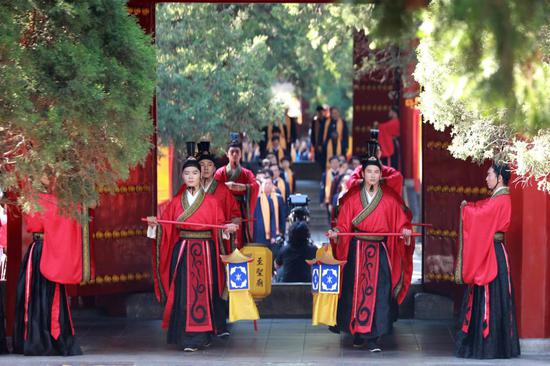
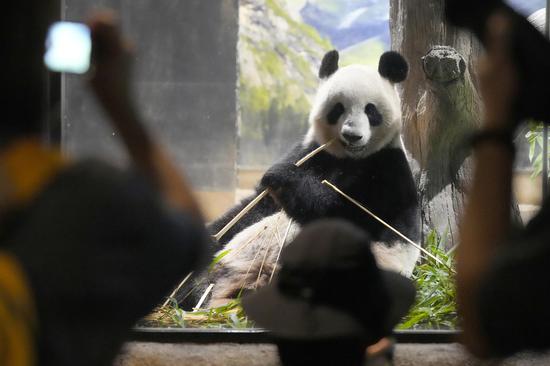
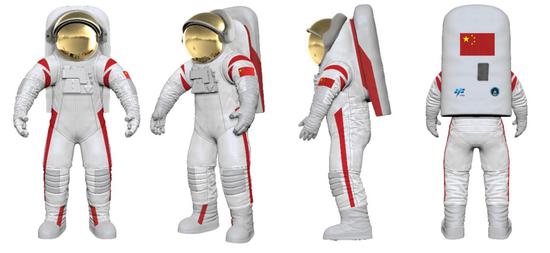
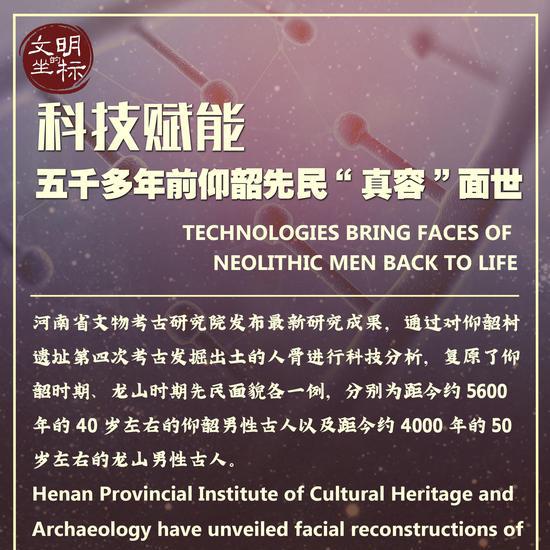

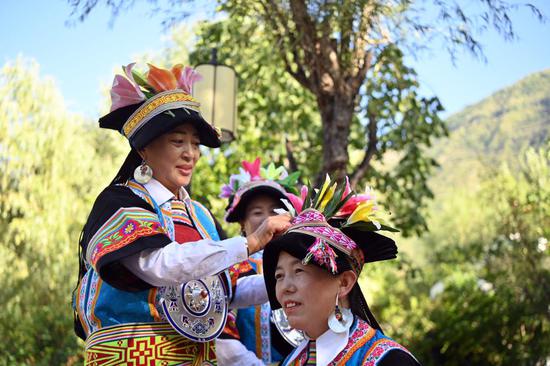
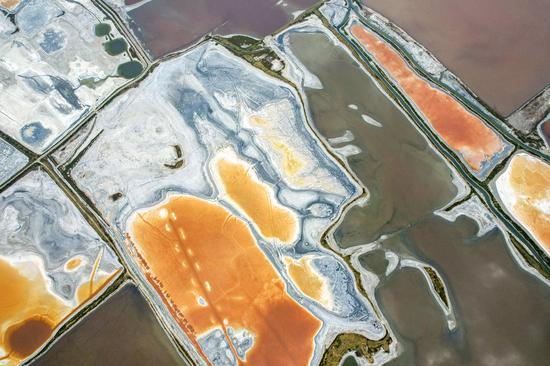




















 京公网安备 11010202009201号
京公网安备 11010202009201号